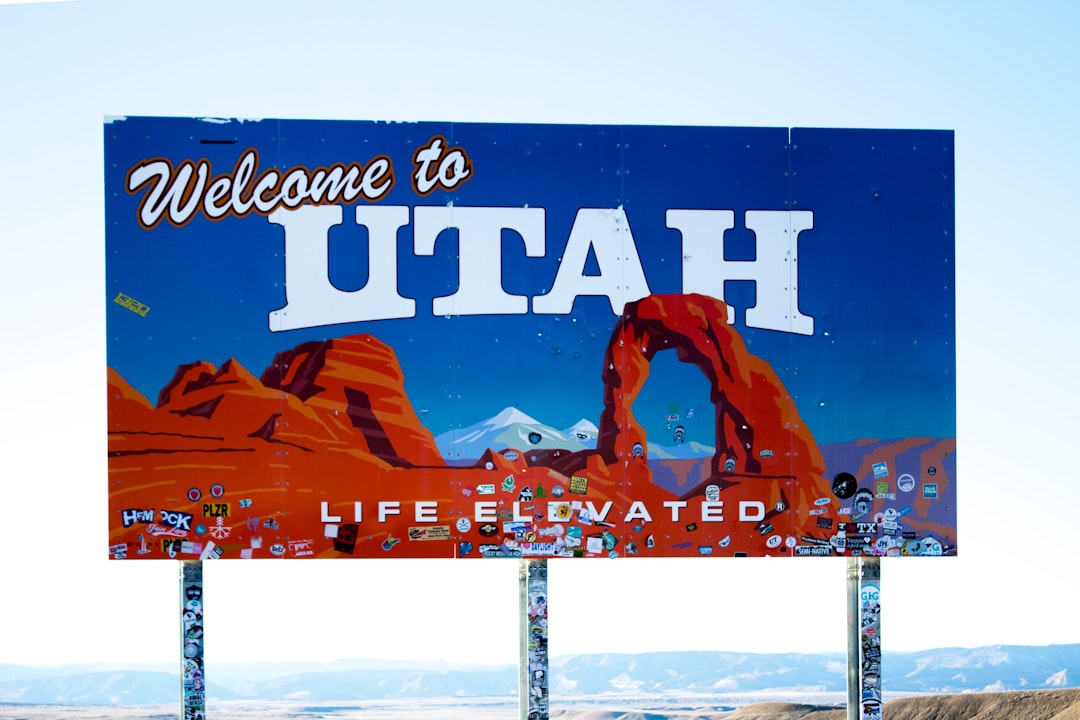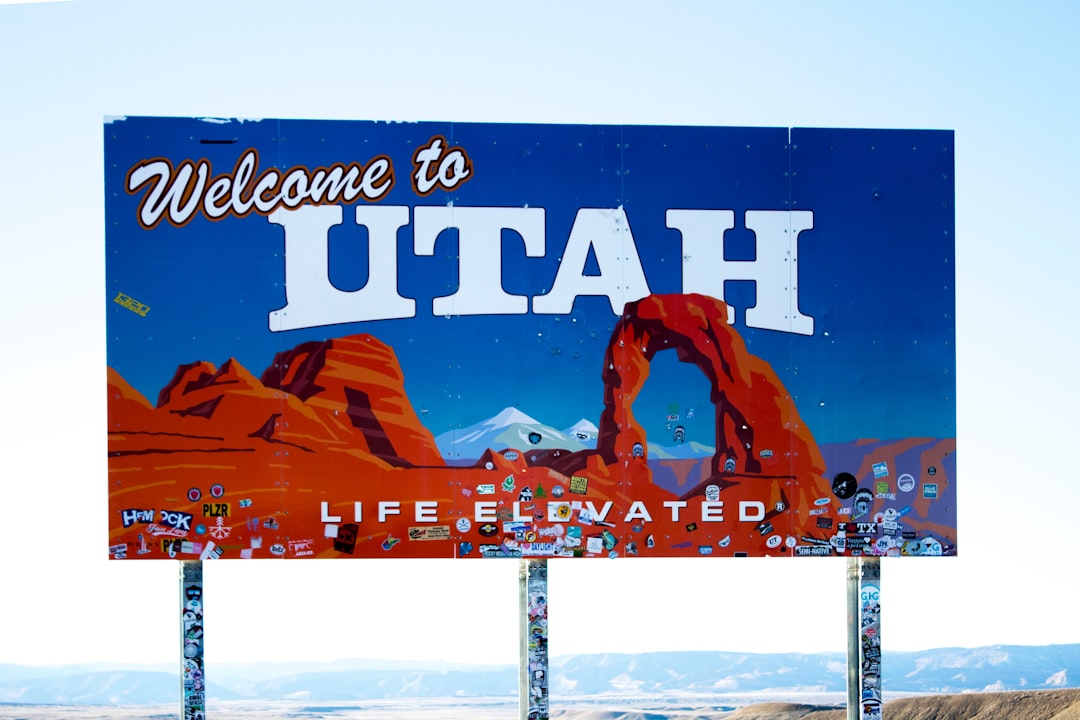Phishing via phone (vishing) is a global issue, with scammers using advanced tech and social engineering. In the US, including Utah, the Telemarketing Consumer Protection Act (TCPA) offers protection against spam calls. To stop these calls, individuals should verify caller identities, consult TCPA-specialized lawyers, register on "Do Not Call" lists, use call-blocking apps, and educate themselves about vishing techniques. Reporting suspicious calls to local authorities or spam call law firms in Utah is also recommended.
“In the digital age, phishing isn’t just limited to emails and messages—it’s evolved into a pervasive threat via phone calls. Understanding the most common types of phishing attempts through a global lens reveals sophisticated targeting techniques and trends. This article delves into the world of spam calls, exploring their legal dimensions under Utah’s TCPA (Telecommunications Consumer Protection Act) and offering practical strategies to stop and prevent these unwanted intrusions, including insights from experts across various regions.”
Understanding Phishing Attempts via Phone: A Global Perspective

Phishing attempts via phone, often referred to as vishing (voice phishing), have become a global concern, impacting individuals and businesses alike across state lines. With advancements in technology, scammers are employing sophisticated methods to trick victims into revealing sensitive information. From impersonating government agencies to posing as tech support representatives, these fraudsters use social engineering techniques to exploit people’s trust. Understanding the tactics employed in various regions is crucial in combating this evolving threat.
Experts worldwide have observed a rise in vishing attacks targeting consumers, particularly in North America and Europe. In the United States, for instance, states like Utah have seen an increase in spam calls, with scammers using automated systems to make mass calls, often disguised as legitimate business or financial institutions. The Telemarketing and Consumer Protection Act (TCPA) regulates such practices, but as laws vary across regions, consumers need to be vigilant. Lawyers specializing in TCPA cases in Utah advise that recognizing common vishing schemes, such as urgent requests for personal information, can help individuals protect themselves.
Common Types of Spam Calls: Targeting Techniques and Trends

Phishing attempts via phone, also known as vishing (voice phishing), have evolved over time, becoming more sophisticated and targeted. Common types of spam calls often involve pre-recorded messages or live callers claiming to be from reputable organizations, such as banks, government agencies, or tech support teams. These calls may ask for personal information, credit card details, or social security numbers under the guise of updating records or resolving issues.
Targeting techniques include using automated dialing systems and data brokerage services that purchase or sell consumer phone numbers and associated personal data. Recent trends show an increase in spam calls impersonating tech support, with callers claiming to be from well-known technology companies like Apple or Microsoft. They may create a sense of urgency, stating that your device has been compromised and requires immediate action. Experts advise being cautious of such calls, verifying the caller’s identity independently, and consulting with a lawyer specializing in TCPA (Telemarketing Consumer Protection Act) cases, especially if you’re in Utah, to understand your rights and how to stop spam calls effectively.
Legal Aspects: TCPA and Protection Against Spam Calls in Utah

In the United States, the Telephone Consumer Protection Act (TCPA) serves as a crucial piece of legislation designed to protect consumers from unwanted phone calls, including spam and telemarketing calls. This federal law grants individuals the right to silence or block such intrusions, especially when they are pre-recorded or involve automated dialing systems. Utah, like many other states, has its own interpretations and regulations regarding TCPA compliance, with strict penalties for violators.
When it comes to combating spam calls, consumers in Utah have legal avenues available to them. A reputable spam call law firm or spam call lawyer specializing in TCPA cases can guide individuals on how to stop spam calls effectively. These experts can assist in identifying and stopping the sources of unwanted phone marketing efforts, ensuring that businesses adhere to the law, and providing protection against potential legal repercussions for victims.
Strategies to Stop and Prevent Spam Calls Effectively

Phishing via phone, or vishing, is a growing concern with increasing sophistication in tactics. To effectively stop and prevent spam calls, individuals can take several proactive measures. One key strategy is to register on “Do Not Call” lists. Both federal and state laws, such as the Telemarketing Consumer Protection Act (TCPA) in Utah, offer protections against unsolicited calls. Consumers in Utah can register their phone numbers with the National Do Not Call Registry and specific state registries, which can significantly reduce spam call volumes.
Additionally, using call-blocking apps and tools designed to identify and block known spammer numbers is effective. Many of these services learn and update their databases regularly to stay ahead of evolving scams. Another crucial step is to educate yourself and others about common vishing techniques. Recognizing signs like automated voices, suspicious requests for personal information, or urgent calls claiming to be from official sources can help you avoid falling victim. If you suspect a call is phishing, hang up immediately and report it to your local law enforcement agency or a spam call lawyer in Utah, who can provide guidance and assist in addressing the issue under relevant Spam Call laws in Utah.






